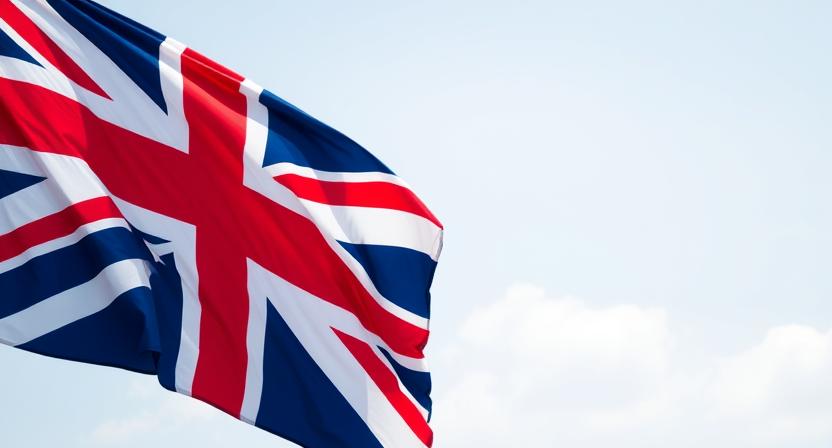- About Us
- Legal Services
- Family Law
- Property
- Marriage
- Immigration
- Contact
- Payments
This Treaty of Extradition, entered into between His Majesty the King of Thailand and His Majesty the King of the United Kingdom of Great Britain and Ireland (including British Dominions and Colonies), was executed for the mutual surrender of fugitive criminals under specified conditions. See the UK Thailand extradition treaty below. The objectives of the treaty is to promote the effective administration of justice and deter criminal acts. This comes by ensuring that individuals accused or convicted of specified offenses. They also cannot evade justice by fleeing across border. Likewise also see the articles on extradition laws in Thailand as well as extradition from Thailand.

1.Obligation to Extradite (Article 1):
Each party agrees to surrender individuals within its jurisdiction. Those who are accused or convicted of crimes committed in the territory of the other party. These are subject to the terms of the Treaty.
2.Extraditable Offenses (Article 2):
Extradition between the two parties applies to serious criminal offenses including, but not limited to: · The first is Homicide (murder, manslaughter) and related attempts/conspiracies· Additionally bodily harm, rape, and indecent assault· Likewise forgery, counterfeiting, embezzlement, larceny, fraud, and perjury· In addition, crimes involving bankruptcy, property damage, or breach of trust· Lastly offenses relating to procurement of miscarriage and carnal knowledge of minors.
3.Procedural Requirements:
A formal requisition must be accompanied. This has to be accompanied by an warrant of arrest and sufficient evidence equivalent to that required for arrest in the requested State (Article 7).· If the individual is already convicted, a certified copy of the judgment must be provided. Note that sentences in absentia are not deemed convictions for this agreement. (Article 7).· A provisional arrest may be requested in urgent cases. This might be pending submission of full documentation (Article 9).· Evidence from the requesting State. Henceforth including sworn depositions, warrants, and judicial documents,. These must be authenticated appropriately (Article 10).· The arresting State must be satisfied that the evidence is sufficient for committal or to identify the convicted individual (Article 11).
4. Time Limits and Prior Claims:
The fugitive must be released if adequate evidence is not provided within two months, unless an extension is granted (Article 13).· If multiple States request extradition. The priority is given to the earliest request (Article 12).
5. Property and Costs:
Possessions in the fugitive’s possession. Those which are relevant to the offence shall be surrendered (Article 14).· Each party bears its own costs. This is related to arrest, maintenance as well as transport (Article 15).
6. Colonial Applicability (Article 16):
Yes this is still in there. Whereby the Treaty applies to British Colonies and foreign possessions. These are subject to local laws.· Requisitions may be made through local Governors as well as through consular officers. This with discretion to grant surrender. Likewise referring to His Majesty’s Government.
7. Entry into Force and Termination (Article 17):
This Treaty enters into force ten days post-publication. This falls within domestic legal procedures.· The treaty may be terminated by either party with six months’ written notice.· Ratification were exchanged in London on 1 August 1912.
Note: Always use a certified translation service in Bangkok for your translations.
The information contained in our website is for general information purposes only and does not constitute legal advices. For further information, please contact us.
